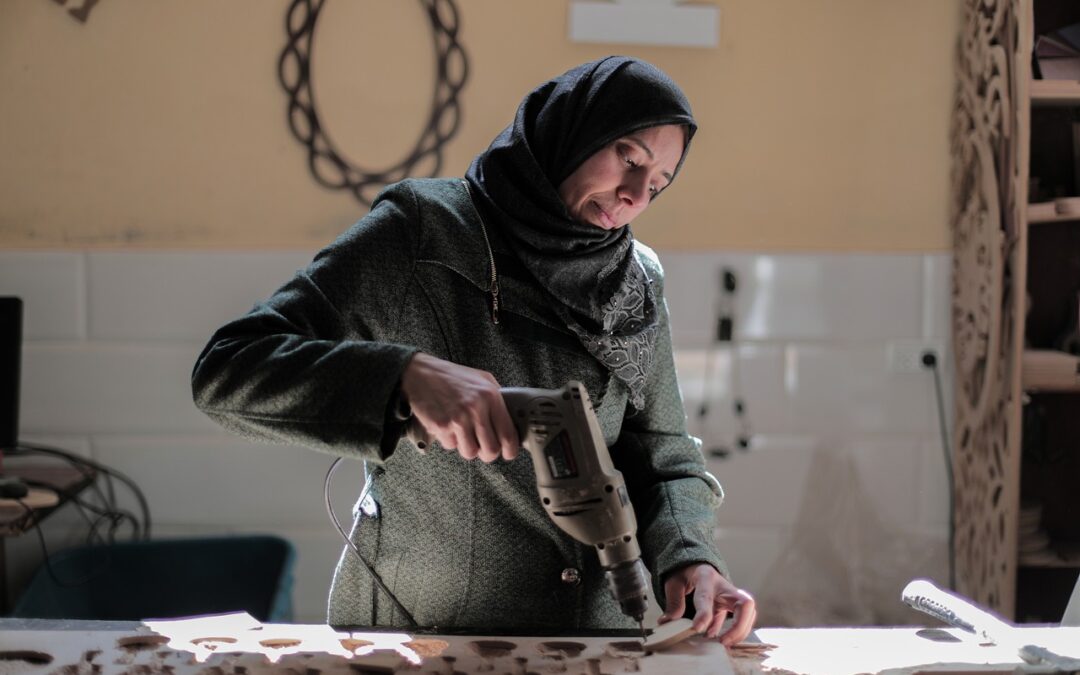While the proposition may appear daunting, the exploration of Universal Basic Income (UBI) for both Israelis and Palestinians is certainly worthwhile. Given the sustained conflicts in the region — from bombings in Gaza to raids in villages — and the current Israeli government, a unified UBI may seem implausible.
Nevertheless, a robust discussion on the potential benefits of a shared UBI program across troubled landscapes from the Mediterranean to the Jordan River is a necessity. Despite a history of failed negotiations and a prevailing sentiment of intractability, a UBI offers a novel approach to a perennial issue.
Scholars like Diana Bashur, renowned for her research on the influence of UBI in conflict-ridden areas, argue for its potential to improve social cohesion, bolster peacekeeping initiatives, strengthen social contracts, and enhance the resilience of communities. As demonstrated in her most recent work on post-war Syria, UBI might not be a panacea, but it could be a crucial step toward a more equitable society. This innovative peace-building measure, detailed extensively in Bashur’s work, ought to be considered seriously by policymakers seeking to address one of the oldest conflicts of mankind.
Imagine the application of UBI across Palestine and Israel — in Gaza, the West Bank, Jerusalem, and Haifa. This shared income would not discriminate between Palestinians and Israelis but rather assert a human right to live with dignity. Such a policy could foster a sense of shared belonging and equality, thus promoting mutual respect, regardless of religious, cultural, or ethnic differences. It would necessitate a cooperative approach from both Palestinians and Israelis, forging a partnership necessary to make UBI a success.
A harmonious social connection, coupled with non-discriminatory policies, could enhance security and decrease instances of violence. Moreover, acknowledging the human rights associated with UBI could demonstrate to even the most radical factions the shared humanity of all residents. From an economic perspective, investments into UBI could foster development and societal contribution, provided these efforts are accompanied by comprehensive security measures and advancements in healthcare and education.
Contrary to critics, such a program may not be prohibitively costly. With the successful implementation of UBI and accompanying reforms, reductions in military and security spending could be realized, thus paying for itself. The benefits of UBI in terms of lives preserved and cycles of violence broken are invaluable. Providing Palestinians, particularly those in Gaza and the occupied regions, with genuine opportunities could not only disrupt the status quo but also increase their societal contributions.
The current situation in the region, marked by loss, radicalization, and animosity, is untenable. Desires for change resonate on both sides — the Israeli protests and the widespread dissatisfaction among Palestinians are testaments to this. Therefore, despite its potential complexities, the implementation of a shared UBI could be both economically and politically feasible.
While this article merely introduces the concept of a unified UBI for Israel and Palestine, the technicalities of such a policy’s execution will be elaborated in forthcoming work.
It is not asserted here that a shared UBI would be a panacea for all the region’s problems, nor that its implementation would be straightforward. The argument presented is that a unified UBI could assure the right of all residents to a life of dignity, thus breaking the cycle of violence. Once this foundation is established, politicians can convene to debate boundaries and borders in an environment free of immediate pressure.
Written by: Ahmed Elbas
Image credit: Sawinery.net


